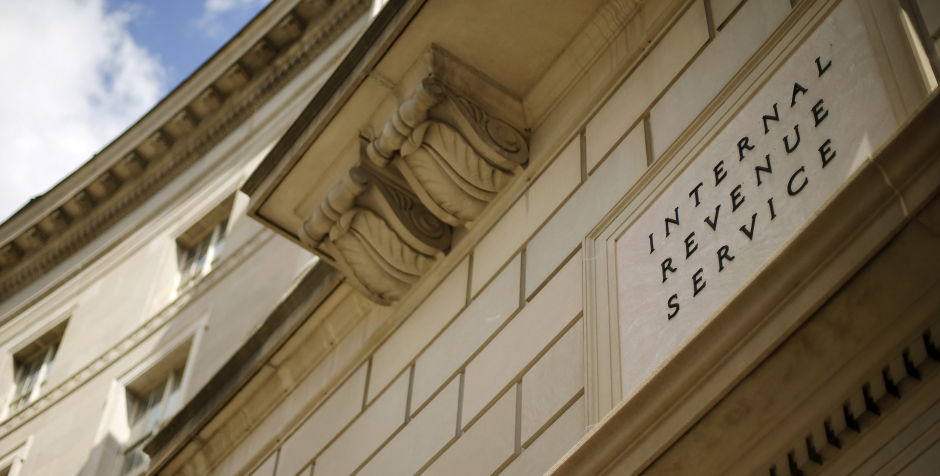
That's another argument in favor of a relatively low reporting cutoff, some tax pros say. Said Martin Davidoff, "I have people with entire businesses they don't report at all, and they just put it in their personal bank account." While the ultra-wealthy have an array of tools at their disposal to avoid taxation - including trusts, limited liability corporations and partnerships that can cloak payouts - most of them do interact with the banking system. "Now they're going to automate enforcement for tens of millions of people, and they're not going to have the personnel to respond to people's concerns," he said, paraphrasing the public perception of the Treasury proposal.Īnother element of the White House plan is raising the IRS budget by $80 billion, allowing it to hire more staff to both answer taxpayers' questions and enforce the law.

You have an IRS that can't even process paper returns, you have an IRS that can't deal with questions that people have," said Martin Davidoff, partner in charge of the tax-controversy practice at accounting firm Prager Metis. "You have an IRS that doesn't answer a lot of its calls, if not most of its calls. Coming after a new requirement, effective last year, for online sellers to report more than $600 of income to the IRS, that low figure created the impression in some quarters that the government is out to get middle-income taxpayers for innocent mistakes.Įven at the higher threshold of $10,000, Republican lawmakers claim the new reporting requirement will ensnare middle-class and blue-collar workers, calling it a " surveillance scheme" on Wednesday.Ĭombined with the IRS' decades of staffing shortages, some fear that providing the agency more information will only allow it to make more mistakes. Some of the initial outrage at the Treasury proposal was focused on the $600 threshold. It would also, however, flag people who report little income but have hundreds of thousands of dollars flowing through their bank accounts.Īs Treasury Secretary Janet Yellen told CBS Evening News' Norah O'Donnell recently: "If somebody reports an income of $10,000 and they had 3 million go out of their checking account, that tells the IRS that's an individual you might audit." A low cutoff


I would think that anyone of any political bent would want the wealthy to pay their fair share, not have an opportunity to evade tax."Ī senior Treasury official told CBS MoneyWatch that, for anyone who makes income through work, reporting bank account information would only confirm what the government already knows from seeing their W forms. "Middle-class and low-income taxpayers really suffer when there isn't tax compliance, particularly among high-net-worth people. "For higher-income people, the IRS doesn't have exact information of what they make, and it's harder to collect tax they owe." "If you earn wages, the IRS can see exactly what you make, and garnish your wages," said Megan Brackney, a partner at law firm Kostelanetz & Fink. A vast amount of those unpaid taxes belongs to the wealthiest 1% of taxpayers - by one estimate, $160 billion a year goes unpaid by this group. The proposal is part of a suite of laws that would close the so-called information gap - taxes that the government doesn't know to collect because of income that goes unreported. He added, "We are literally talking about enforcing the law that is already on the books." "This idea that you have some sort of right to not tell the IRS about income you have - there is no such right. "We are all supposed to pay income taxes on our income," said Steve Wamhoff, director of federal tax policy at the Institute for Taxation and Economic Policy.

Supporters of the proposal note that it doesn't actually require any new taxes - it merely allows the IRS to enforce the existing law. "Banks will not share with the IRS any information to track individual transactions under this proposal, and the IRS will have no ability to track individual transactions," the Treasury said in a blog post. No individual spending data will be visible, the Treasury emphasizes - only total money going in or out. Banks already report interest income over $10 on Form 1099-INT this proposal would add a few lines to that tax document, supporters say.


 0 kommentar(er)
0 kommentar(er)
